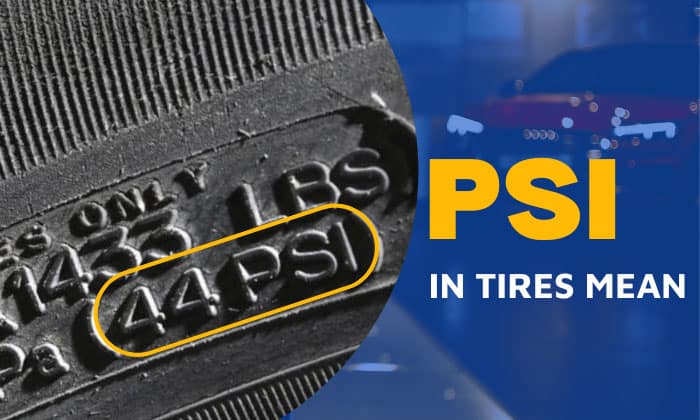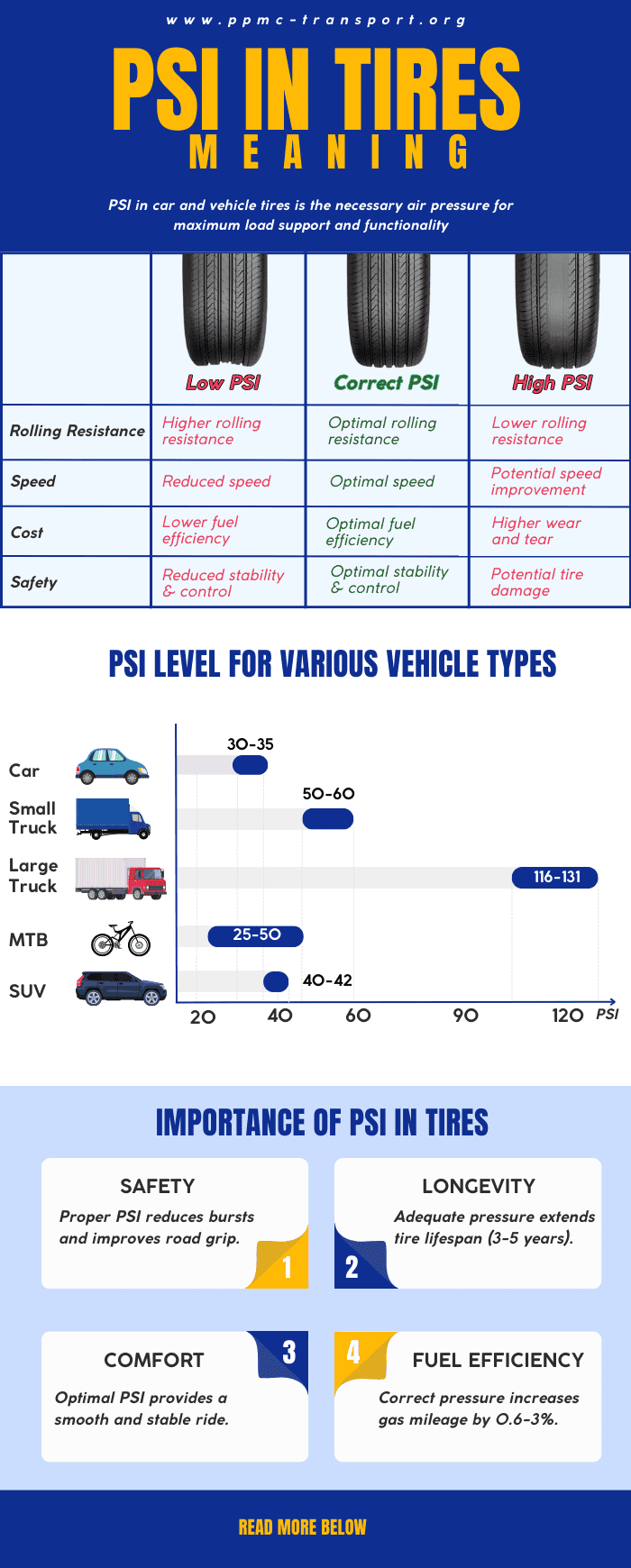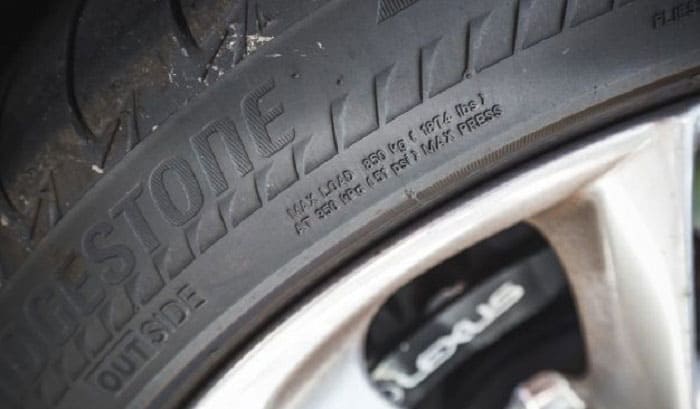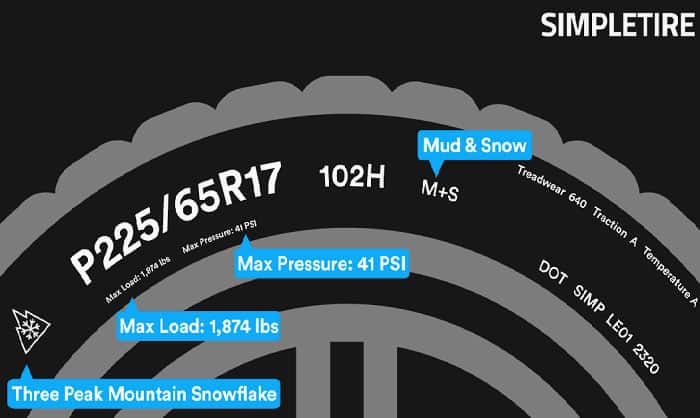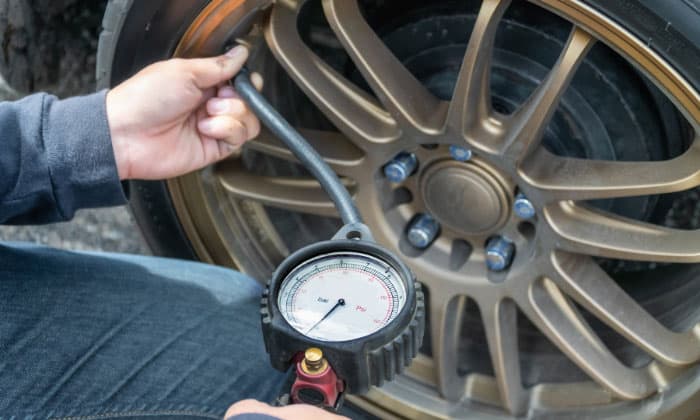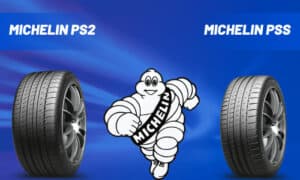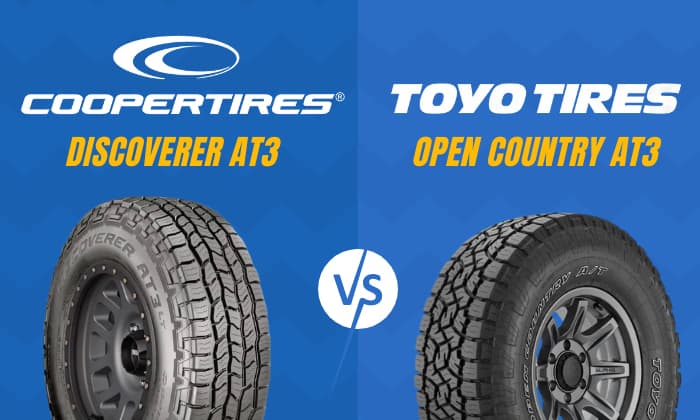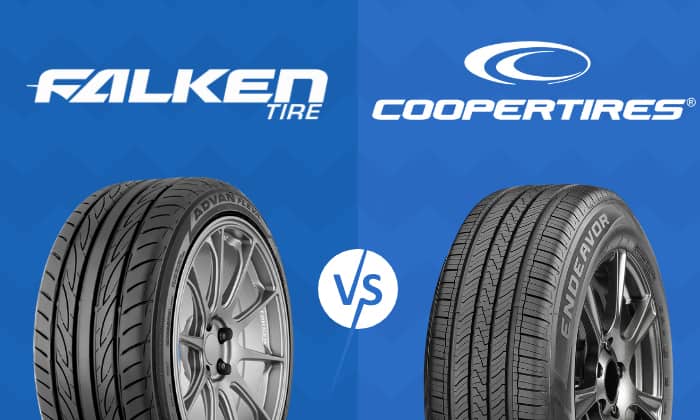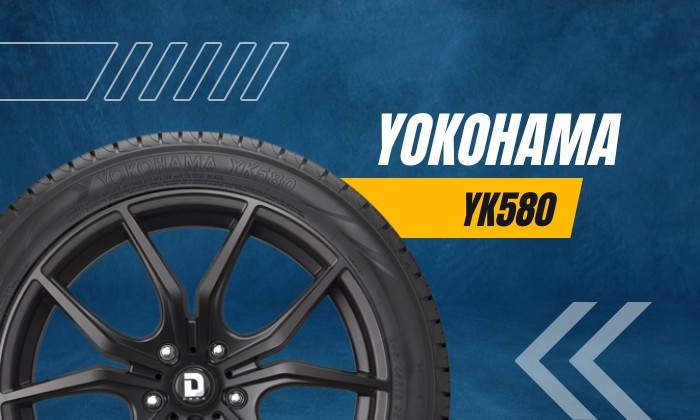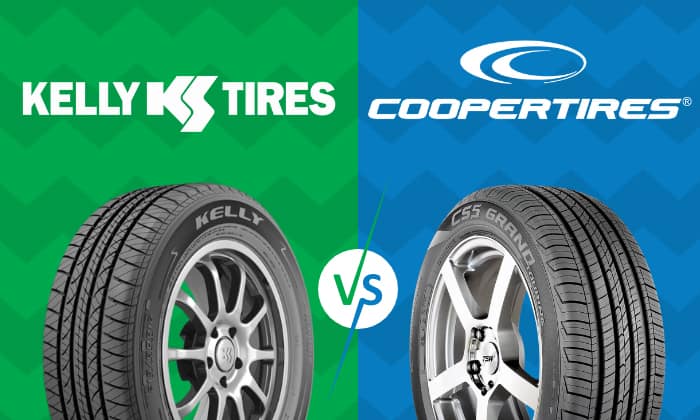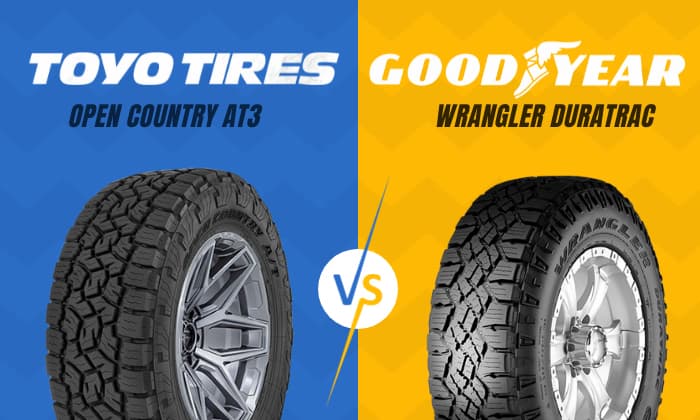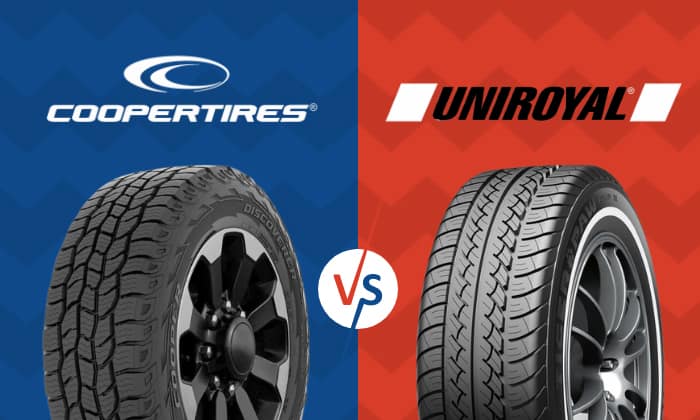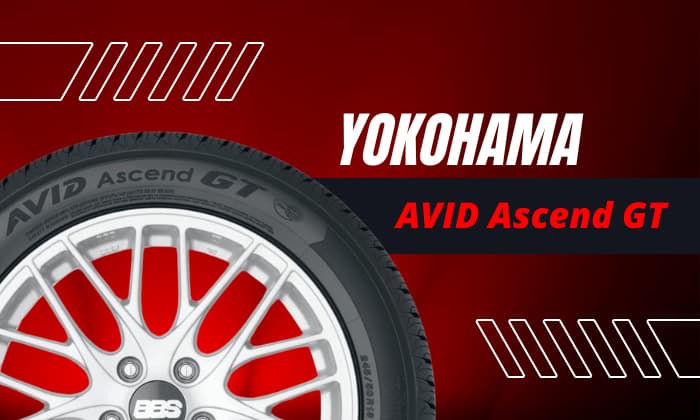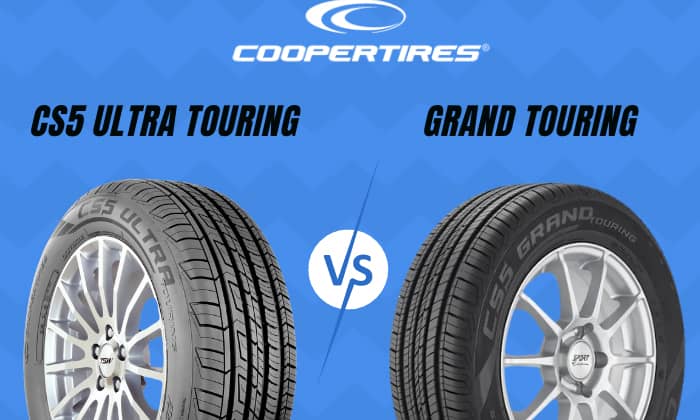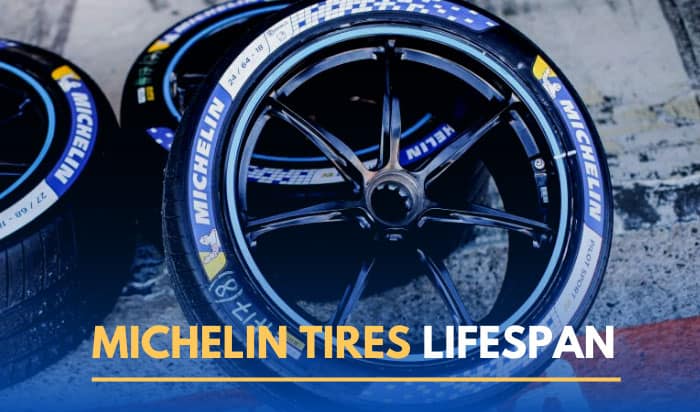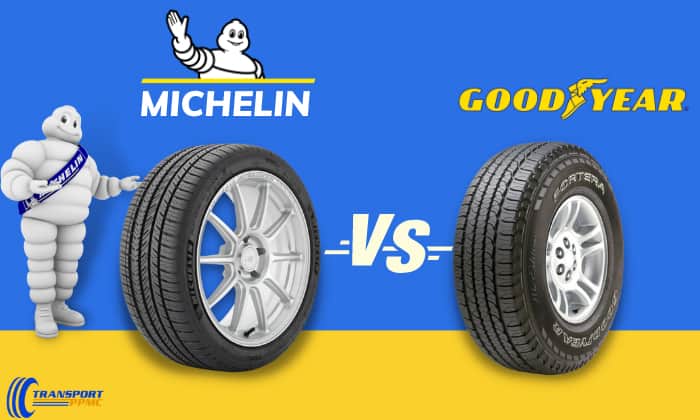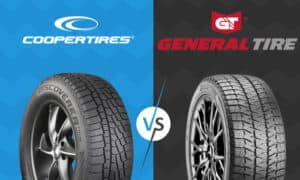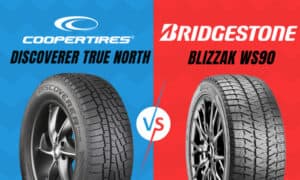PSI stands for tire pressure measurement unit, which is pound per square inch. Now, one can ask, “what does PSI in tires mean”? By PSI definition in a car and other vehicles, it’s the air that exerts pressure inside a tire. It is the minimum PSI of air that your vehicle needs to support its maximum load.
You can normally find the PSI level recommended by your car’s manufacturer in your owner’s manual or the driver-side door frame. Improper PSI in tires means high fuel consumption, poor brakes, tires wear and tear, and more hazards.
Table of Contents
PSI Tire Meaning
Pounds per square inch is what PSI means in cars and other vehicle tires. This measuring unit indicates the air pressure in the vehicle tire that allows you to transport safely when at the proper level.
The thing that influences the speed of the car is the rolling resistance. If PSI is low in tires, higher will be rolling resistance that affects the speed. On the other hand, incorrect PSI in tire pressure, whether high or low, can affect the cost and safety both.
PSI number on the tire stand for specified and standard requirements of PSI in tire pressure. It varies from tire to tire.
There are solid reasons why your auto manufacturer suggests a technically well-calculated PSI. Refer to this pressure chart to know more about the proper PSI level for various vehicle types:
| Vehicle | Ideal PSI |
| Car | 30 psi – 35 psi |
| Small Truck | 50 psi – 60 psi |
| Large Truck | 116 psi – 131 psi |
| MTB | 25 psi – 50 psi |
| SUV | 40 psi – 42 psi |
Importance of PSI in Tires
In a nutshell, PSI in tires is crucial for vehicle and human safety and comfort. Furthermore, it gives fuel efficiency and longevity to tires and vehicles also. Let’s elaborate:
1. Safety
A proper level of PSI in tires reduces friction with the road. Therefore, it can maintain the tread, preventing incidents such as sudden tire bursts.
2. Longevity
A proper level of air pressure in tires protects them from quick wear and tear. As a result, the tires can last longer, from 3 – 5 years, with such good maintenance.
3. Comfort
When the air PSI in the tires is per standards, the vehicle feels stable, and the ride is relaxing and not bumpy.
4. Fuel Efficiency
According to the U.S. Department of Energy, maintaining the right tire pressure can increase the gas mileage from 0.6% to 3%.
What will happen with low and high PSI in tires:
1-Tires with low PSI (less air) cause serious issues, including:
- Poor brake performance
- High fuel Consumption
- Increased sidewall corrosion (causing serious blowouts)
- Improper handling
- Increased sidewall corrosion (causing serious blowouts)
2-Although less harmful, tires with high PSI (more air) nevertheless lead to issues like:
- Inefficient steering (Responsiveness)
- Faster tread wear (Tire consumption)
FAQs
What PSI is best for car tires?
Most commonly 32 psi to 35 psi is recommended for car tires when they are cold. But so far standard PSI is concerned, it is mentioned on the owner’s manual, on the side frame of the driver’s door and also it is specified on the tire itself, which is what PSI means on a tire.
Is three over psi too much?
Yes, it is advisable to go beyond the recommended PSI just by 3 PSI more. It gives slightly better fuel efficiency and better handling. If you have to fill your tires while they are still hot, fill them to a pressure of 3 to 4 psi above what is recommended, and check again with the standard gauge when the tires are cool.
How often should I check the air pressure in my tires?
Once a month is enough to check the air pressure in the tires. Also, it is advisable to check the air pressure in the tires when setting off for long travel or sometimes when carrying big loads.
Can a tire simply lose air?
It can happen. The reasons could be a drop in the temperature at night, a malfunctioning of the valves, and sometimes dirt or debris in the valve that prevents it from properly screwing and tightening after air fill-up which results in slight air leakage.
What is the Tire Pressure Monitoring System (TPMS)?
Nowadays, almost every vehicle on the road is equipped with all the necessary safety measures that make driving safer and tension-free. Some of them you might be well aware of, while others you might not even be knowing your automobile has.
All new vehicles must have a Tire Pressure Monitoring System (TPMS)⁴ in place. TPMS is a standard feature in new cars in the recent past. This system alerts drivers of low and high tire pressure measured from the manufacturer’s standard level.
Conclusion
After detailed views on “What does PSI in tires mean”, let’s wrap it up. Your car tires are not just pieces of ordinary rubber. Tires are a high value part of your car that plays a very vital role not only in safety but much more than this, including tires wear and tear vehicle’s life, maintenance, and good performance.
It’s the proper and standard PSI that gives an ordinary tire of rubber a gold value. As quality food plays a vital role in human health, similarly it’s the standard PSI in tires, for the good health of the tires.



